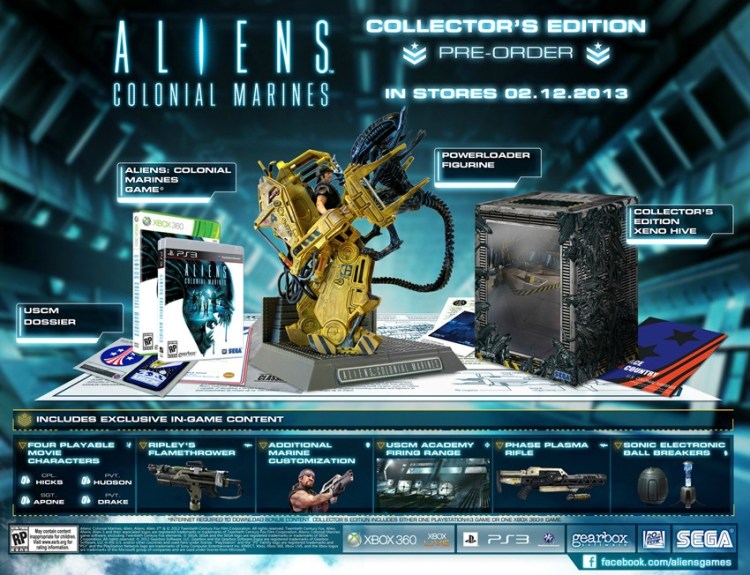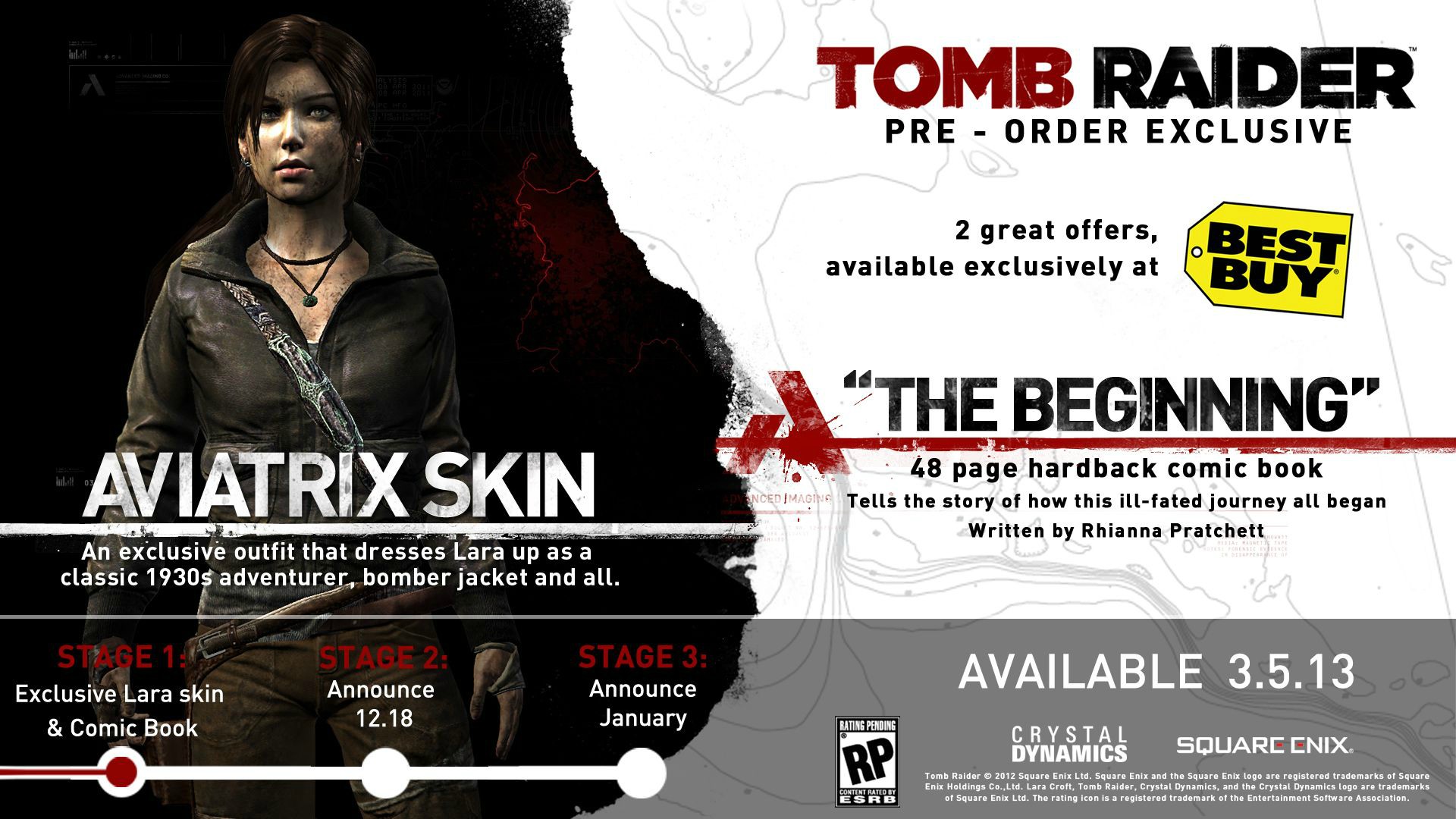This post has not been edited by the GamesBeat staff. Opinions by GamesBeat community writers do not necessarily reflect those of the staff.
The video game industry often thrives on extreme levels of hype, and it relies on this excitement to make sales. One way that publishers take advantage is by allowing customers to preorder their yet-to-be released titles.
These companies even go as far as to include preorder bonuses with their games to entice us and encourage our purchase in advance. Sure enough, gamers have been preordering these highly anticipated titles months ahead for quite some time. The general idea is (from the customer’s point of view) to reserve a rightful copy of the game before the latecomers storm in and pick the shelves clean. It seems like a simple enough strategy, but in reality, things are never quite that straightforward.
Preordering games may, more often than not, leave consumers at a bigger disadvantage than they would have expected. It all boils down to one simple fact: we can never tell exactly how good a game will be until it comes out. If you think about it, doesn’t it seem a little reckless to put forth your hard-earned cash toward a product that you don’t even know the full quality of? Sure, a particular title may have intrigued you with prerelease footage and mass attention from the press, but there is always a 50 percent chance that it may not exceed or even reach our expectations.
In other words, by making a blind purchase of a game that has yet to be released, you may have wasted a good $60 on a less-than-satisfactory experience. If you were to fall victim to a fate such as this, there may be one or two ways to squeeze out of it. You could return the game or trade it in, but what about those who opt for digital downloads? Steam and other online distributors have been making quite the profit in the rise of the digital age, with preorders contributing to a large amount of this success.
With programs such as these, gamers are able to reserve their digital copy to their account, and oftentimes they can download it on the spot — only having to wait until release day to actually run the game. With such an easy and direct method of digitally reserving a game, it’s understandable why so many would jump at the chance to take part. The fact remains, however, that this is a blind purchase; we’re handing over our cash on a whim and hoping that it doesn’t go to waste. If it turns out that the game is a failure, not only has money been put to waste, but these online customers are left with no way to reverse their actions.
The industry relies heavily on publicity to influence sales. I’d like to believe that gamers know not to jump to conclusions about any particular title, no matter how much hype it gets. Why else would so many publishers include such an abundance of preorder bonuses if not to coax us out of our disbelief? In any case, saving money by purchasing wisely is a much easier task to accomplish. Most gamers would not even begin to think about putting their money down toward a game that they know they will not enjoy. So is it really worth paying to reserve a copy of a new release when we don’t even know how good the game will be?
Being able to get excited for a game is one of the greatest aspects of the industry — and one of the factors that keeps it going strong. But gamers have to keep in mind that despite huge amounts of hype and publicity, the quality of a release is still undecided until the time of launch. Even if prerelease footage seems hopeful and reassuring, history has shown that these signs can be deceitful. My advice: wait for reviews. Watch for criticisms from sources you trust and let their insight help you decide whether or not a game is worth your money.



